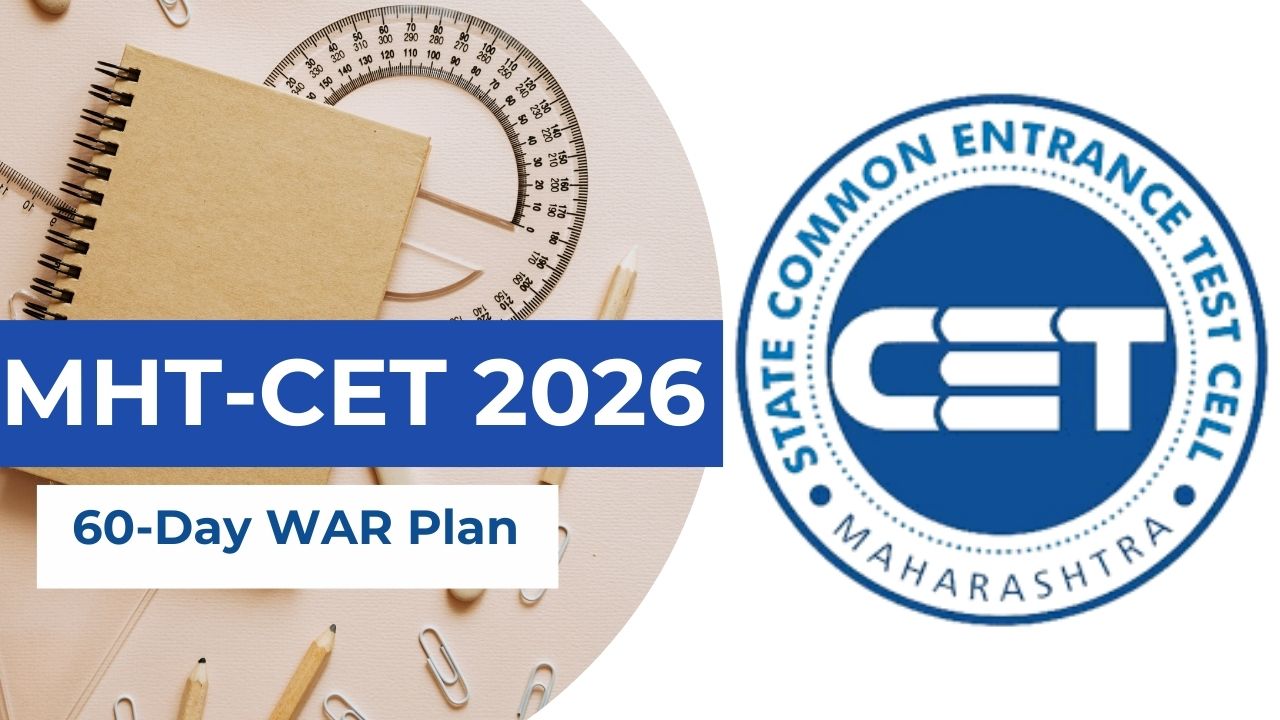Bhoomi kaushik
Get Real Experts on your side
Before venturing to seek career counseling, answer a few basic questions so we can connect you with our best expert counselor for personalised guidance and mentorship.



.png)
Bhoomi kaushik
30/08/2024
The best private bank jobs for a fresher in 2024 promise exciting, very well-rewarding career options through customer service, sales, and operations profiles. The functional role that a fresher gets into comprises a Relationship Manager, Sales Executive, Customer Service Officer, or Management Trainee. It includes face-to-face interaction with customers, maintaining accounts, selling loan and credit card facilities, and other activities that ensure operational excellence at the bank. Private banks like HDFC, ICICI, Axis, and Kotak Mahindra are good places to get employed, as there is scope for growth opportunities based on merit, good salaries, and a performance-oriented work environment.
Fresher recruited in private banks should be prepared for intensive training programs that equip them with relevant banking skills, knowledge of digital banking, and customer interaction techniques. Usually, it consists of an online aptitude test followed by different interview rounds judging the candidate's communication skills, problem-solving skills, and suitability for the post. A career in private banks can offer fresh graduates a powerful platform in the financial sector for successfully building their future careers with excellent career enhancement opportunities and professional development.
Why Choose a Career in Banking?
The advantages accruing after choosing a career in banking are manifold and, hence, desirable to any individual. Here are some key reasons why one can choose a career in banking:
1. Job Security and Stability
The banking industry is usually very stable and resistant during turbulent times, even during economic turmoil. Banks form an integral part of any economy, so job security becomes an appealing factor.
2. Growth and Opportunities in Career
Banking has well-defined career progressions, wherein one's performance may determine the growth rate. Right from the lowest level, one can grow into managerial and executive positions, and most of these banks have internal training and development programs that help build careers.
3. Variety in Roles and Specialization
Jobs in the banking industry run the gamut from customer service and operations to investment banking, risk management, and financial analysis, thus enabling people to find a niche that best suits their interests and skills.
4. Competitive Compensation
Generally, banks offer competitive salaries with bonuses, incentives, and benefits such as health insurance, retirement plans, and paid leaves. Hence, banking is very financially rewarding.
5. Skill Development
A career in banking develops a set of all-rounded skills such as financial literacy, analytical thinking, customer service, communication, and problem-solving. Note that these skills are important in almost every sector other than banking.
6. Exposure to the Global Economy
Many professionals in the banking world deal with customers from other countries and financial markets; this brings an element of international exposure to their day-to-day jobs. This is excellent exposure for those who find global finance and economics exciting.
7. Innovation and Technology
The banking industry is at the forefront of recent technology: digital banking, Fintech, and cybersecurity are just a few bright instances of the radical changes currently being made in the sector. Being a tech-savvy professional will be the most incredible opportunity to work on very innovative projects to change the future of finance.
8. Networking Opportunities
Doing banking opens a vast horizon of professional networks with many clients and coworkers, not to mention highly placed individuals. Building these relationships opens more career opportunities and furthers professional growth.
9. Impact on Society
The banking sector is very significant in any economic development because it helps provide loans, manage savings, and make investment facilities available. A banking career provides enormous scope for making considerable contributions to ensuring people's and businesses' financial well-being. Thus, bankers can contribute to societal improvement.
10. Work-Life Balance
Most offer flexible working hours, the facility to work from home, and other such facilities for maintaining a proper work-life balance. The candidate will especially be interested in finding out about job opportunities that could satisfy personal and professional goals.
Top Private Job Opportunities for Freshers:
In 2024, there are several areas within the banking sector where the freshers can be put to work. The public and private sector banks are offering jobs, and those categories have further opened categories like clerical, PO, and management trainees. Given below are some usual ways that fresh graduates make their way to bank job employment:
1. Probationary Officer (PO)
2. Clerical Cadre
3. Specialist Officers (SO)
4. Management Trainee (MT)
5. Assistant Manager
6. Private Banks
FAQs:
1. What qualifications will provide a fresher with the qualifications to apply for a job in a private bank?
Answer: The general requisite qualification is a graduation degree in any stream. Some jobs demand a finance, business, economics, or commerce background.
2. What are the usual designations that a fresher generally gets in private banks?
Answer: Some standard designations for which freshers can be recruited include Relationship Manager, Sales Executive, Customer Service Officer, Management Trainee, and Operations Executive.
3. What is the typical selection process for freshers in private banks?
Answer: It generally consists of an online aptitude test and one or more personal interview rounds. Many banks also conduct group discussions or case studies for recruitment purposes.
4. Do private banks train freshers?
Answer: Yes, most private banks impart systematic training programs on banking operations, customer service, sales techniques, and digital banking tools.
5. What is the remuneration range for freshers in private banks?
Answer: The remuneration varies for freshers depending on which function and with which bank. Usually, it is competitive with many incentives and bonuses on performance.
Conclusion:
A private bank job for freshers offers the perfect avenue to enjoy a promising career in the financial sector. The nature of the job environment of private banks is quite vibrant, with working engagements touching on customer service, sales, and operational excellence, thus offering enormous scope for professional growth and skills development. Such fresh graduates will be enrolled on the path of structured training programs, merit-based advancement, and competitive remuneration. The diverse nature of private bank jobs provides an excellent opportunity to understand almost all the banking areas and find a niche for oneself that best fits one's area of interest and career goals. For people who look forward to a fast-moving, challenging, and growth-oriented career, private banking has a sound foundation and ample opportunities to achieve long-term success.










.png)











.jpg)


.jpg)




.png)







.png)

.png)




.png)

.png)
.png)



.png)

.png)


.png)

.png)


.png)

.png)

.png)
.png)

 (1).png)



.png)

.png)
.png)


.png)


.png)


.png)

.png)







.png)





.png)


.png)














.png)













.png)




.jpg)






.png)




.png)


.png)
.png)
.png)
.jpg)



.png)


.png)
.png)
.png)



.png)











.png)
.png)



.png)


.png)
.png)


.jpg)







.jpg)









.jpg)





.png)


.jpg)



Before venturing to seek career counseling, answer a few basic questions so we can connect you with our best expert counselor for personalised guidance and mentorship.
